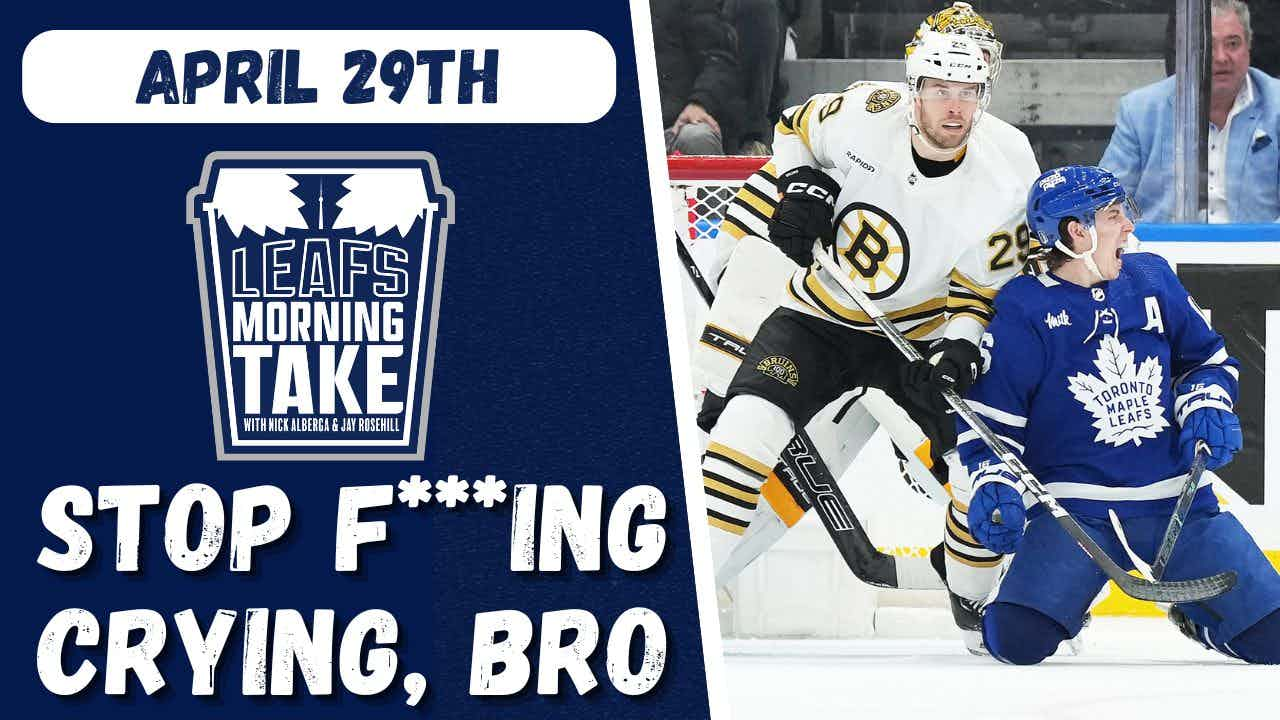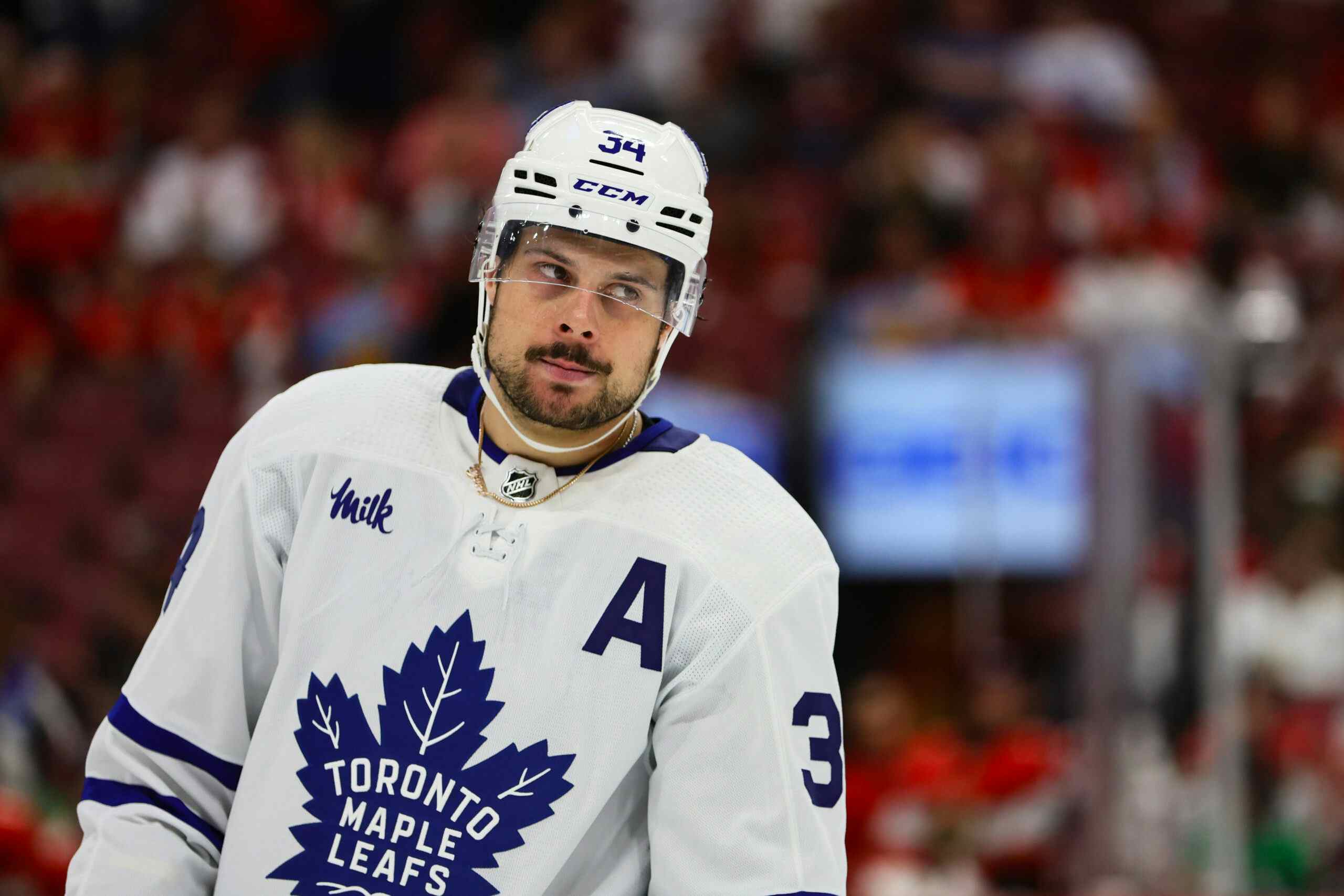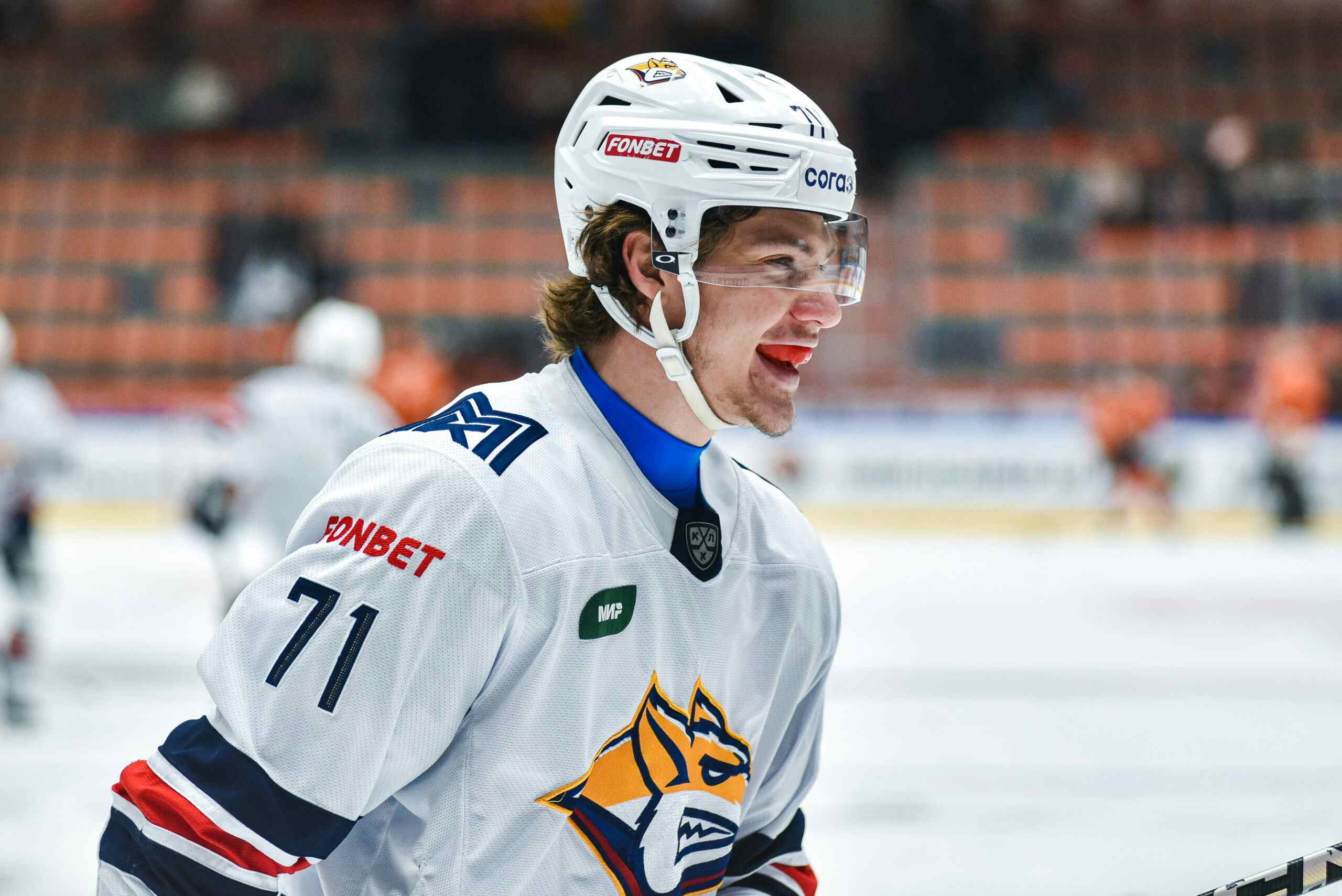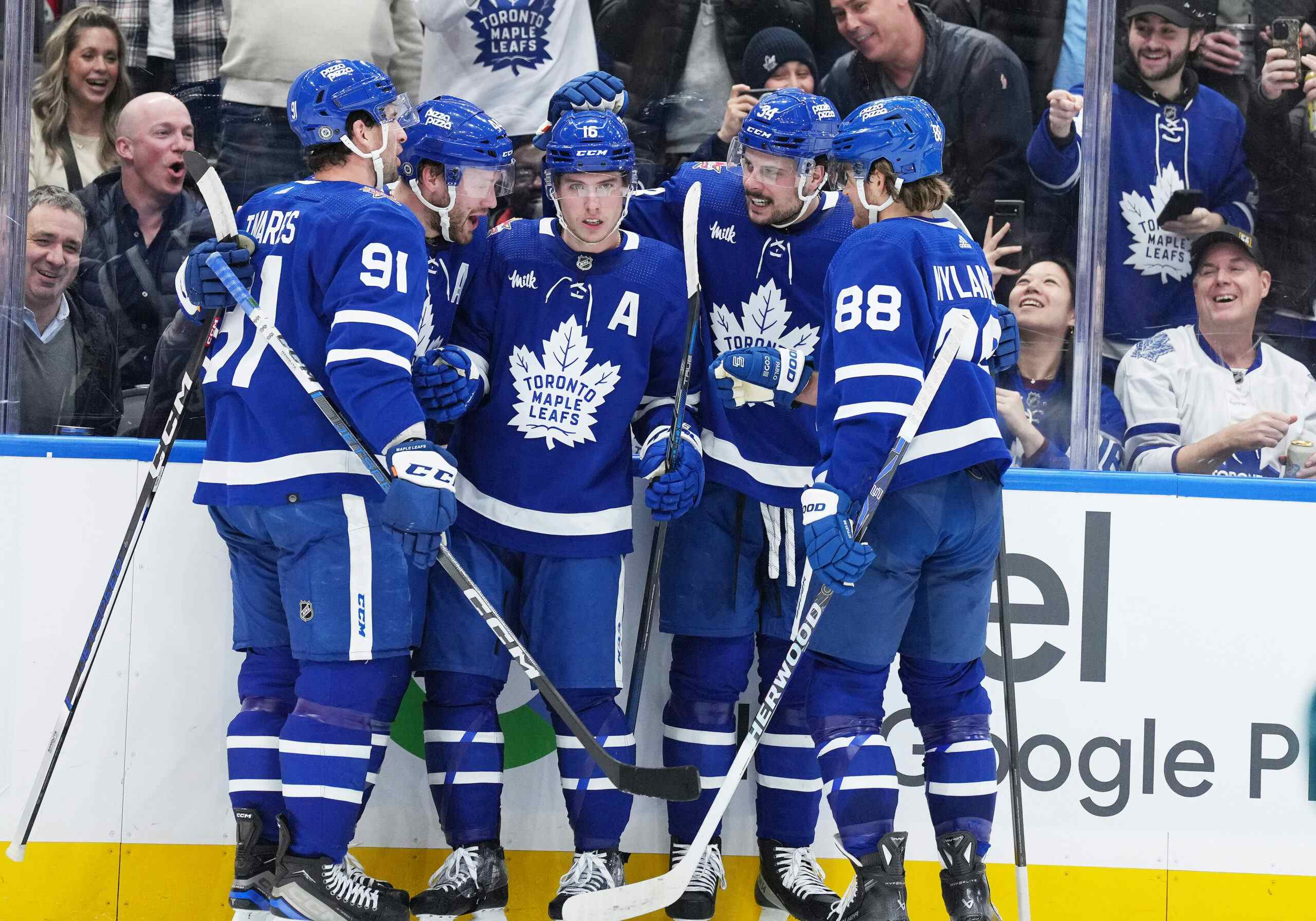The mystery of Paul Ranger
By Cam Charron
10 years agoOne of the most read posts in this website’s history is titled “So, what happened to Paul Ranger?”. That post went up last summer when a defenceman that had previously left the NHL at age 25 returned to hockey by signing with the Toronto Marlies. Turns out, so little had been written about Ranger that it jumped up to the top of Google search rankings, and it still gets hundreds of clicks per day. There’s a lot of interest in Paul Ranger, and for good reason.
Ranger’s NHL departure left a lot of questions, and they all seemed to go unanswered, and continue to do so. His departure and subsequent return is a bit of a mystery. Even with two of Canada’s top storytellers attending Leafs’ media day that coincided with the first day of training camp, Rangers refuses to go into specifics for why he left such a promising career with the Tampa Bay Lightning.
As for what happened in the intervening three years, Ranger politely refuses to address it or any of the circumstances even tangential to it.“That’s off limits for me,” he said. “I’m not really going to talk about it at this point. I did a lot of things for myself; I just needed my own time.”…David Branch has known Ranger since he was a precocious kid he coached in minor hockey with the Whitby Wildcats.“He was always one of my favourites, not because he was one of the better players,” says Branch, the commissioner of the Canadian Hockey League. “But because he was a very bright kid and he did very well in school and had a lot of questions. He was always very philosophical, even at a young age.”
That whole post over at Sportsnet is definitely worth a read. Grange is one of the best Canada has to offer not just in storytelling, but also in keeping things in proper context. I think too many people take for granted that so many hockey players are happy where they’re at when they’re playing in the pros. Ranger has all of the physical abilities that are required of him to be a good hockey player, and reads like a good, smart, kid. His small sample of possession statistics paint a very positive picture, and his point scoring rates are in lockstep with some of hockey’s mid-tier offensive defencemen such as Keith Ballard and Adrian Aucoin. Worth noting: he’s also ahead of Jack Johnson in points per 60 minutes of play.
I always liked Ranger when he was with Tampa Bay, and never really noticed that he had left the game. It was unceremonious. One day he was there, and then he was gone, and he was never high-profile enough to warrant serious consideration from even a die-hard fan that lived a zillion miles away from Tampa.
In 2007-2008, with Ranger on the ice with regular partner Dan Boyle, the Lightning took 54.7% of all the shots on net. With Boyle on the ice away from Ranger, the Lightning took just 49.8% of shots. Ranger sees a similar dip away from Boyle, but that’s to be expected. The point is that those two were both exceptional defenceman during that time on a pretty poor Lightning team defensively. Regular defencemen included Filip Kuba, Brad Lukowich and Shane O’Brien, and the Ranger-Boyle pairing provided a plus-possession oasis for hockey’s worst team that season.
Until Oct. 24, 2009, when he went to his coach before a morning skate and said he thought it would be best for the team, and best for him, if he took a personal leave of absence. His team, after talking with him, agreed. The Tampa Bay Times said he requested not to be paid during his absence. He never really came back.“All I can say is I just needed some time to myself,” says Ranger, 28.Ranger briefly attended the University of Ottawa; two years after leaving the Lightning, he spent a year coaching with his former coach, OHL commissioner Dave Branch, and his sons on Ranger’s old bantam triple-A team, the Whitby Wildcats. The boys were 13 or 14, not yet flooded with the arrogance of teenagers. Ranger liked that. He would exchange late-night texts with Branch’s sons about the next practice, the next game. He loved it.The Leafs paid attention, kept his name on a list, tucked it away.
I like to quote the meaty bits of any article, but there’s just so much to talk about in all of this. Ranger preferred to be close to home, and definitely fielded offers from other teams, and he turned them down to sign a very cap-friendly deal with the hometown Maple Leafs.
The Paul Ranger signing may have been a bit overlooked, but it’s possibly the best deal that the Maple Leafs made all summer. I really have no way to end this, but I guess I do encourage you to read both of those pieces. Ranger’s a great story, and if you have a positive or a negative viewpoint about the Leafs for this season I think that the feelings surrounding Ranger have to be uniformly optimistic. Coaching and playing in the minors obviously re-ignited his desire, and there’s a reason he wants to return.
He’s playing under his own terms, and likely moreso because of the team he picked. We take for granted that so many young men get drafted by teams based in cities they’ve never visited and choose to follow that path. In pursuit of an NHL career, many young men give up choice and familiarity, and all they get in return is to have their dedication to the game questioned during a scoring slump or a bad period in an inopportune game. That lifestyle didn’t appeal to Ranger, and he left the game quietly, believing the Lightning didn’t owe him anything more. Ranger the person is a mystery, but what matters to the Maple Leafs is Ranger the hockey player, and the optimism that those two aspects of a young man’s life can live together harmoniously once again.
Recent articles from Cam Charron






